What is Single-Use Plastic?
Single-use plastics, or disposable plastics, are type of plastics that are used only once before they are thrown away or recycled. E.g. Plastic straws, PET Bottles, Plastic cups and Lid, Plastic utensils, Plastic stirrers, sachets etc.
Table of Contents
- What is Single-Use Plastic?
- How Long Does it Take for Single-use Plastic to Decompose?
- Disadvantages of Single-use Plastic
- How to Recycle Single-use Plastic
- Steps Involved in Plastic recycling are:
- Plastic Recycling Products
- Various Products Made From Recycled Plastic are
- Initiatives by PRO
- Conclusion
--------------Blog Contact Form-------------
We are encouraged to adopt a sustainable lifestyle by using reusable water bottles and avoid using plastic bag, but we are unaware of the single-use plastic that are still lurking in the shadows. Unfortunately, we are so much surrounded by plastics that it is very difficult to get rid of them overnight, but if we holistically follow the ways of sustainable living we can actually contribute to the planet in a huge way!
The reason to why is it so difficult to curb the issue of single-use plastics lies in the varied ways this plastic is available in the market. From bags to straws to bottles littering on the streets, they are everywhere including the oceans where they either dumped or are washed by storm and rain.Secondly, the ban on in this type of plastic is piecemeal. Few countries have announced ban on single-use plastic, but these bans include very few items.
How Long Does it Take for Single-use Plastic to Decompose?
Completely biodegradable plastics can take 3-6 months to decompose completely. On the other hand, it can take about 500-1,000 years for plastic to decompose in the landfill. With the rate at which we are using plastics in our daily lives, decomposing of this never-ending pile of plastic is a far cry until we do something about it.
The most common type of plastic used today is polyethylene, a petroleum-based polymer that is non- biodegradable i.e. which are not decomposed by microorganisms, instead are decomposed by exposure to UV radiations from sunlight. This process is called Photodegradation and can take up to 100 years. When that sounds like a solution, the broken-down substance after this plastic decompose can be toxic marine life and humans
Disadvantages of Single-use Plastic
- Hazardous in Nature – Plastic used in the packaging of food can be harmful for human consumption. If these substances are not properly disposed of, these harmful compounds can be washed out into the nearest water body, when they dissolve over a long time due to their non-biodegradable nature. Plastic litter can be consumed by animals and have harmful effects on them, sometimes even death.
- Environment Degradation – Plastics can take centuries to decay due to the intermolecular bonds forming a structure that prevents the plastic from corrosion or decomposition. This plastic can clog the sewers and waterways, polluting them and making them unpleasant to one’s eyes.
- Inflammable –Due to the low melting point, plastics cannot be used where heat levels are high. Some are high inflammable such as polystyrene, acrylics, polyethylene and nylons. This make them more susceptible to catching fire.
- Durability – Plastics are not useful for a long period of time that makes them more prone to pile-up of unwanted garbage. They are most dumped after using them for a short duration and form a dumping site polluting the environment.
How to Recycle Single-use Plastic
To limit the use of single-use plastic in India, Prime Minister Narendra Modi has taken initiatives. Several states have banned the use of single use plastic but the enforcement has been lax. Air India and e-commerce company Amazon and Walmart have joined the Campaign launched by Modi to give up the use of Single-use plastic in coming years.
There are mainly 7 types of plastics, out of which 4 types are recycled
- PET Polyethylene Terephthalate
- HDPE High Density Polyethylene
- PVC Polyvinyl Chloride
- LDPE Low Density Polyethylene
Steps Involved in Plastic recycling are:
- Collection – The plastics collected through ragpickers to the sorting facilities for further process.
- Sorting – The plastic waste is then sorted according to the color, Plastic Resin and Plastic recycling code mostly through hand picking. It helps to identify and eliminate contaminants.
- Shredding –The sorted plastics is then passed through a shredder which grinds the plastic into small pieces.
- Cleaning – The pieces and chunks are then washed thoroughly with detergent to remove the contaminants.
- Melting – After drying, the pieces are then melted in regulated temperature.
- Pellet Making – The plastics are then compressed into small pellets which are called nurdles.
- Re-using – The pellets cannot be used to make same type of plastics but are redesigned for another purpose.
Plastic Recycling Products
Plastic is manufactured to stand the test of time, but unfortunately most plastic objects are used only once. Eight million tons of plastic waste was poured into our oceans worldwide. They put our precious marine animals at risk once they reach the oceans.But we should step away from single-use plastics and ensure that our plastic waste doesn't end up in landfills and nature. Several different types of items are manufactured from recycled plastic. The type of product manufactured from recycled plastic depends on the form of plastic resin being used. There are various types of plastic resin used for producing different items. HDPE, or high-density polyethylene, for example, is very durable and is used to make rigid plastic containers such as milk jugs, video, piping and drinks.
Various Products Made From Recycled Plastic are
- Sustainable Clothes - These can be produced by fibers made of recycled plastic bottles. Sustainable sportswear by Team Timbuktu.
- Shopping Bag - Bags made from recycled plastics are durable as well as sustainable. Eg. Bags by Ahimsa Collective
- Film and Sheeting - In addition to high-density polyethylene, low-density polyethylene is also very common in recycled plastic products. Recycled low- polyethylene makes its way into film and sheeting goods as well as shipping
- Packaging material - Recycled polystyrene is used in the manufacture of cartons for packaging as well as other products which protect goods during shipment. Styrofoam is also a polystyrene material with buffered air bubbles. This recycled plastic, in addition to the packaging materials, makes excellent thermal insulation and is used in several different products.
- Rubber Planter- These planters are made from tires. E.g. Upcycles Studio
- Recycled Mats
- Shoes - Made from sustainable wool, recycled plastic bottles and cardboard. E.g.Allbirds
- Yoga Mats - Suga
- Eco-Friendly Jenga - Made from a Fishing net
- Eco-Friendly Blankets - Made of 70% recycled wool of merino sheep dn 30% blend of alpaca, mohair and polyester.
- Shampoo Bottles - Material bottles for detergent, shampoo, and household cleaners often come from a recycled plastic called high-density polyethylene. Manufacturers sometimes leave the plastic in its normal, transparent state, providing a milky white color or often adding vivid pigments to differentiate bottles from the competition.
Plastic is a recyclable material but the bulk of it is not recycled. Since plastic water bottles have become a convenient and fairly inexpensive way to get drinking water on hand, they get added to the landfills just as heartily.According to figures released by the Federation of Indian Chambers of Commerce and Industry (FICCI) in 2017, India's per capita intake is 11 kilograms (24 pounds) compared to the United States, where it is the highest in the world at 109 kilos.
The average for the world is about 28 kilograms, the data said. The Government expects consumption to grow to 20 kilograms by 2022.
Around 38 billion water bottles are thrown away each year, and only around 20 percent are recycled.Such a system-level approach is possibly the only way we can address the plastics contamination problem and ensure its continued use to fuel life-changing creativity worldwide.
Initiatives by PRO
A PRO is a company that ensures that all plastic producers, importers, and brand owners (PIBO) meet the Extended Producer Responsibility (EPR) targets. On behalf of PIBO the PROs collect and process the waste
- GEM Enviro Management Pvt Ltd -It was founded by Dinesh Parikh and Sachin Sharma and is one of the few Producer Responsibility Organizations (PRO) registered with the Central Pollution Control Board (CPCB).
- Waste Venture - It is a Hyderabad working PRO, providing PRO solutions for a leading FMCG. The collection chain is operated by a mobile app and demand-based on-call collection from residential and business establishments. About 30,000 informal waste collectors affiliated with PRO further endorse this. Waste Ventures built a database of these waste pickers, including social identification, services, and training on secure and hygienic methods of waste handling. This meant that these informal waste collectors supplied higher raw material at lower levels compared with an aggregator
- Saahas Zero Waste - SZW has a robust collection model involving scrap dealers and the informal waste collector sector that ensures significant volumes of tetra packages are collected.
Conclusion
Plastic bags are a major problem in plastic recycling. Some Indian regions and cities have actually banned the use of non-biodegradable plastic and are encouraging the use of biodegradable plastic. The process of controlling plastic waste is a tedious one and can be very expensive. Although it will take time, but it will be worth it.
This portion of the site is for informational purposes only. The content is not legal advice. The statements and opinions are the expression of author, not corpseed, and have not been evaluated by corpseed for accuracy, completeness, or changes in the law.
BOOK A FREE CONSULTATION
Get help from an experienced legal adviser. Schedule your consultation at a time that works for you and it's absolutely FREE.
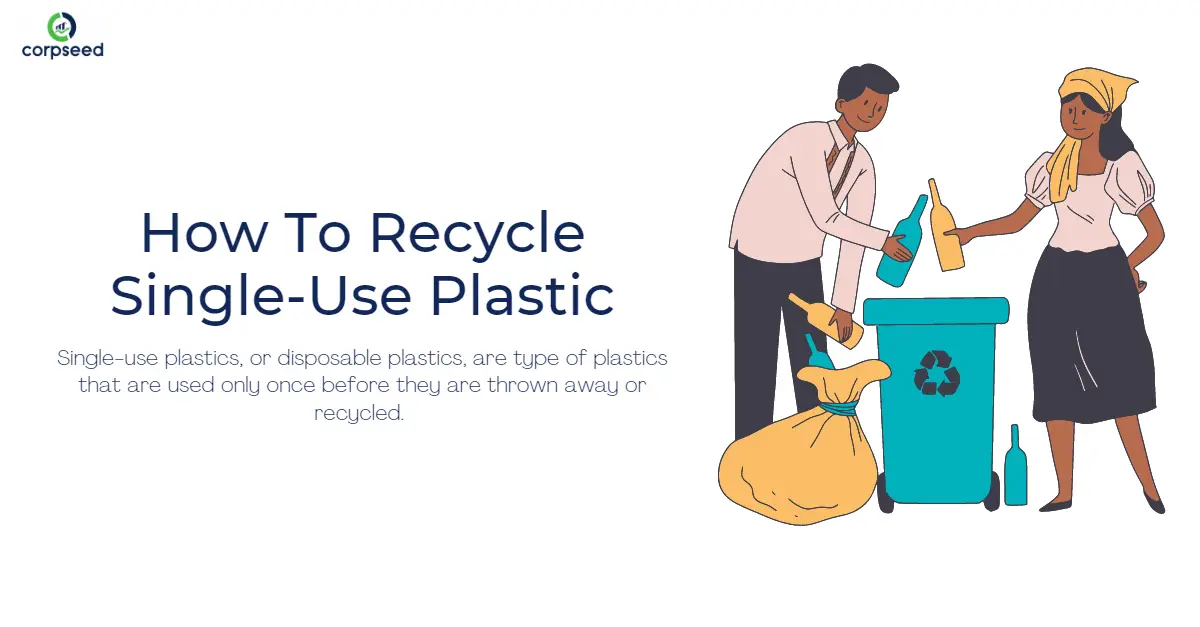

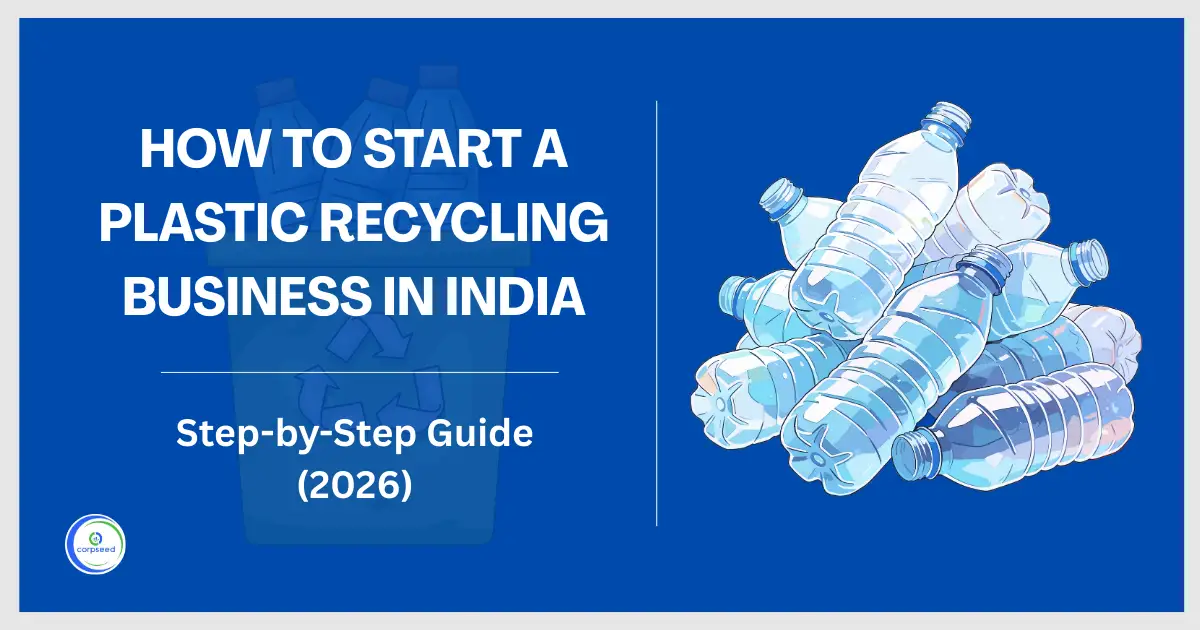
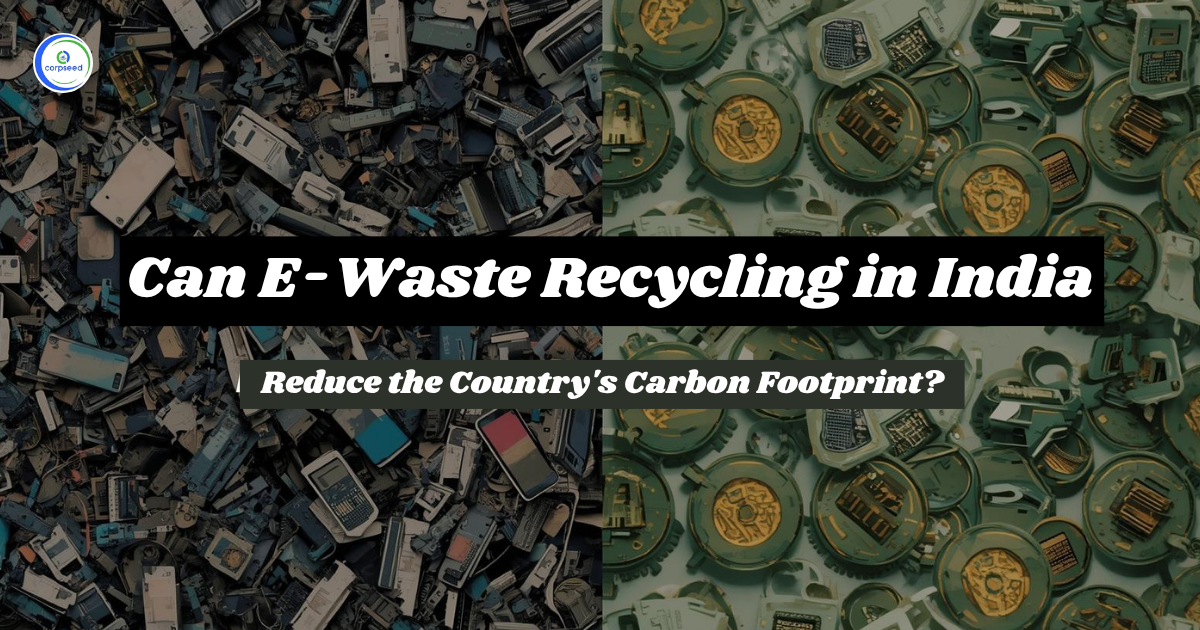
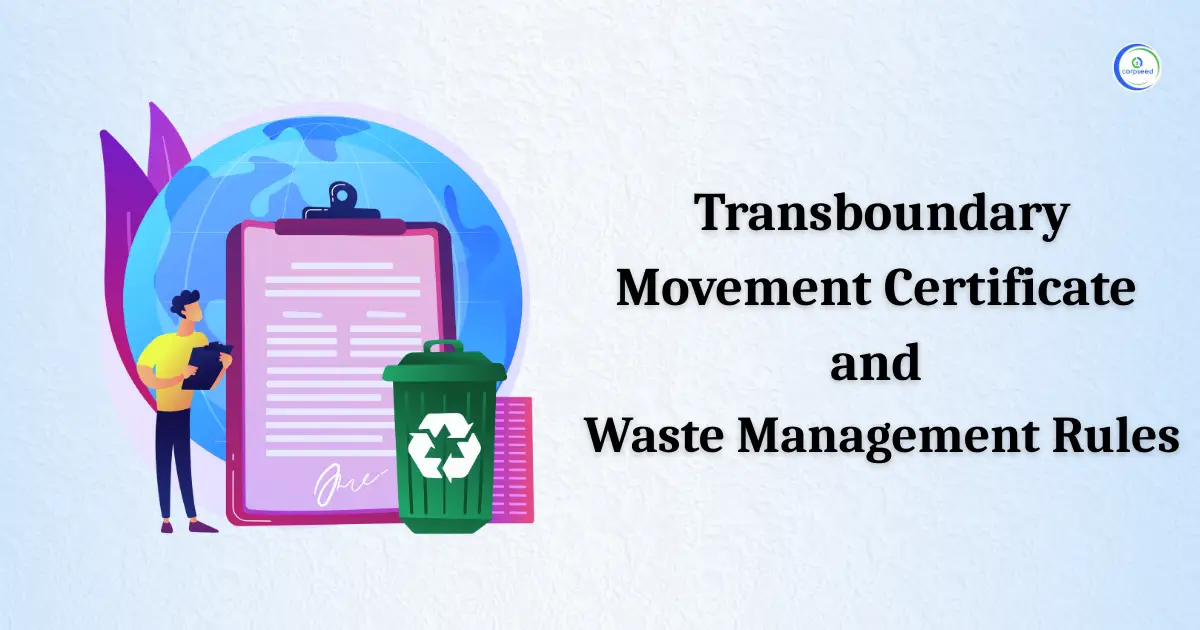
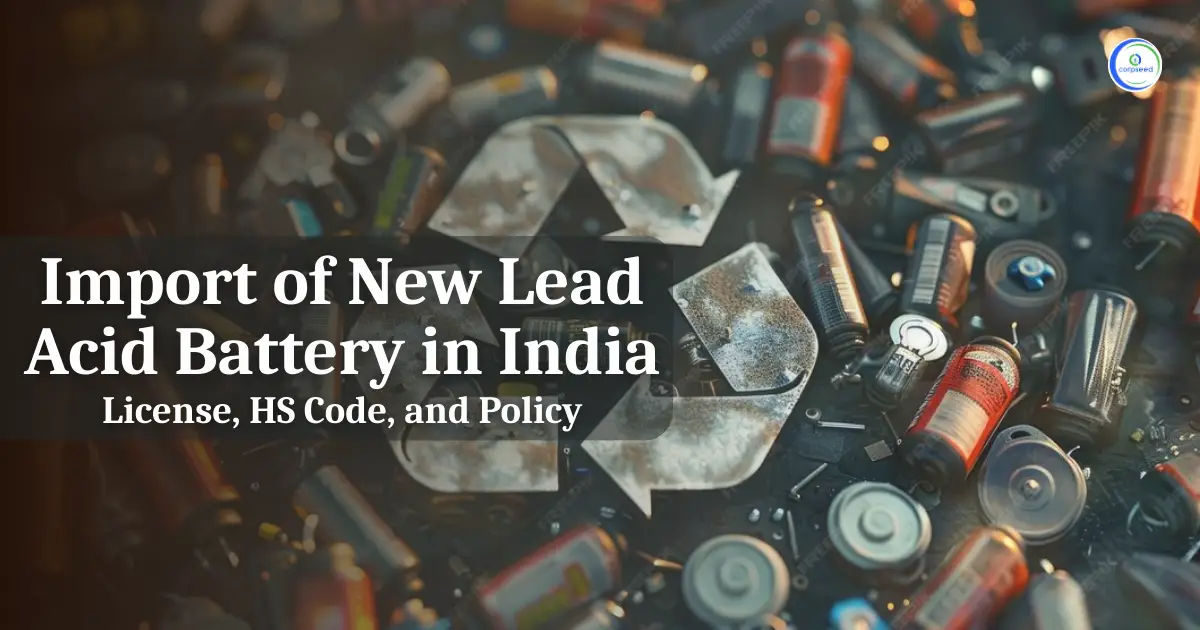
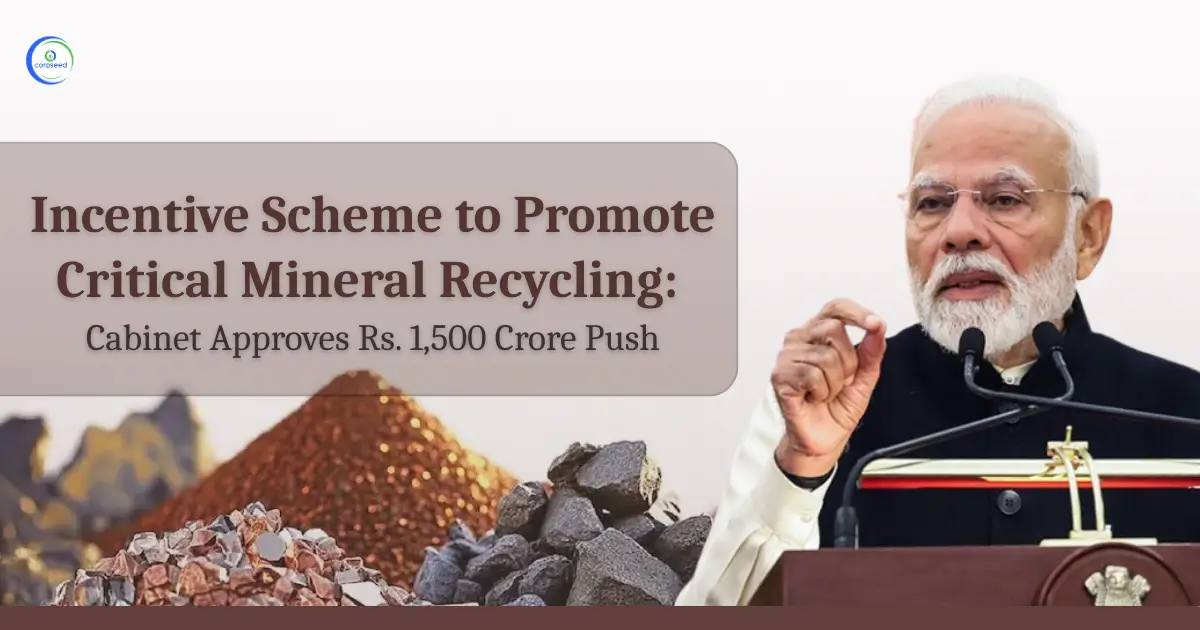
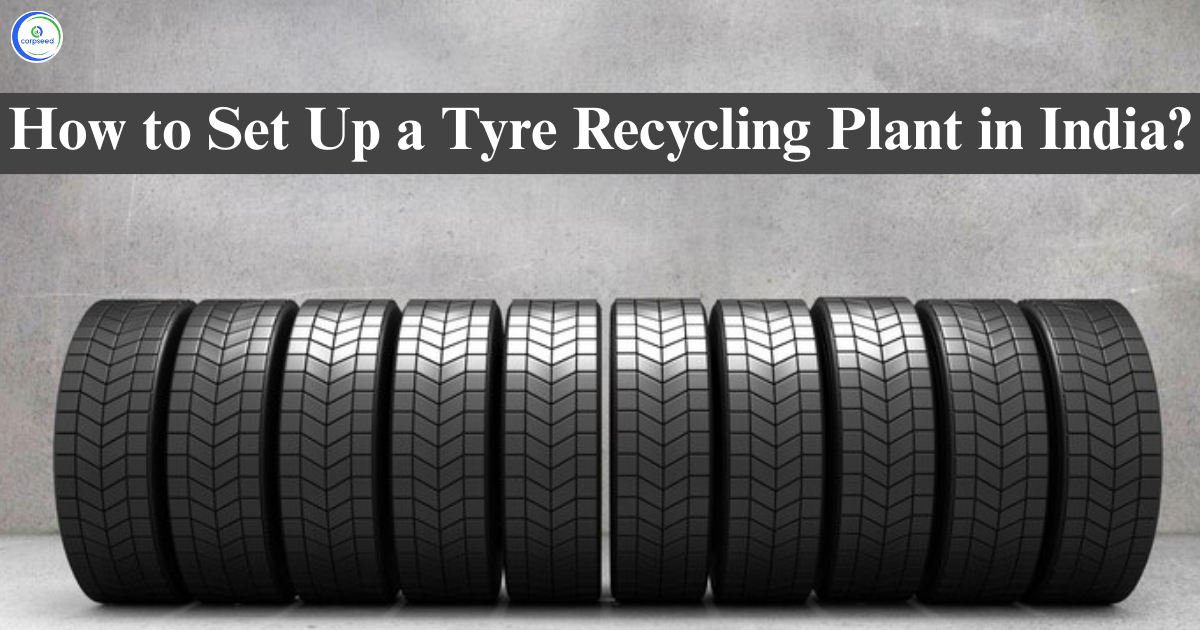
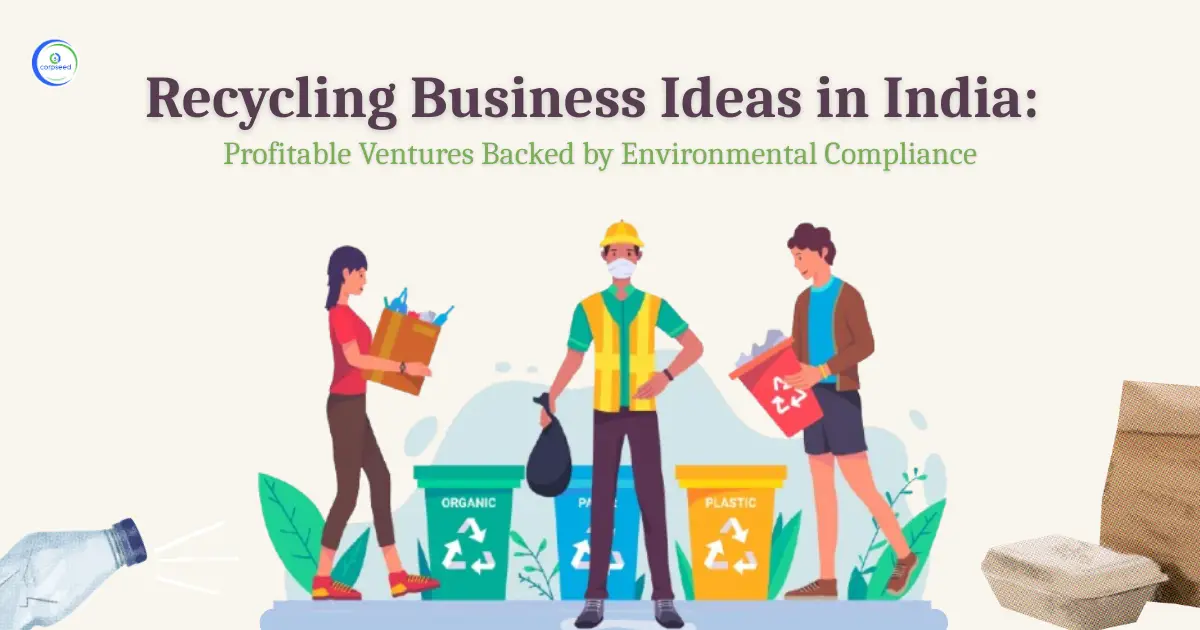
.webp)